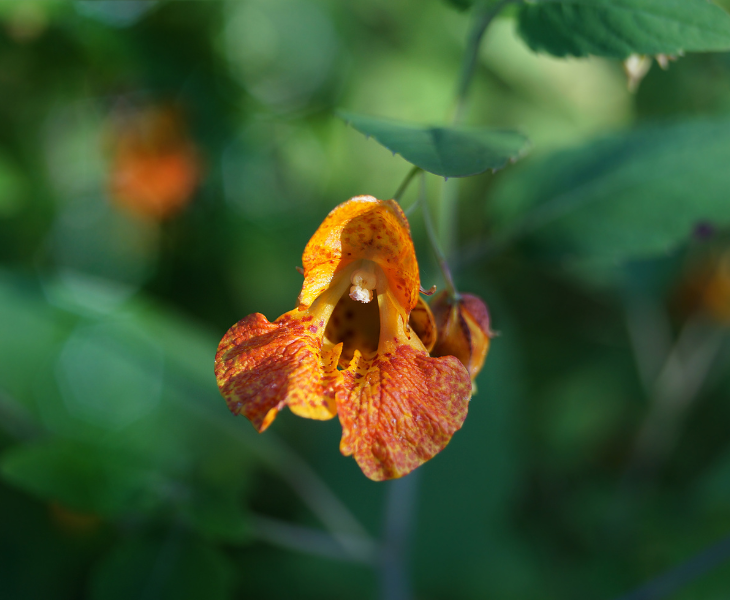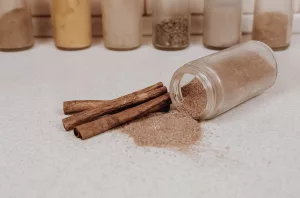Did you know that the humble jewelweed plant, often found growing near streams and wetlands, holds powerful healing properties? Long used in traditional herbal medicine, jewelweed is especially known for its natural ability to soothe skin problems. In this post, we’ll explore the medicinal uses of jewelweed, its benefits, how to use it, and why this wild plant deserves a place in your natural remedy toolkit.
Table of Contents
What Is Jewelweed?
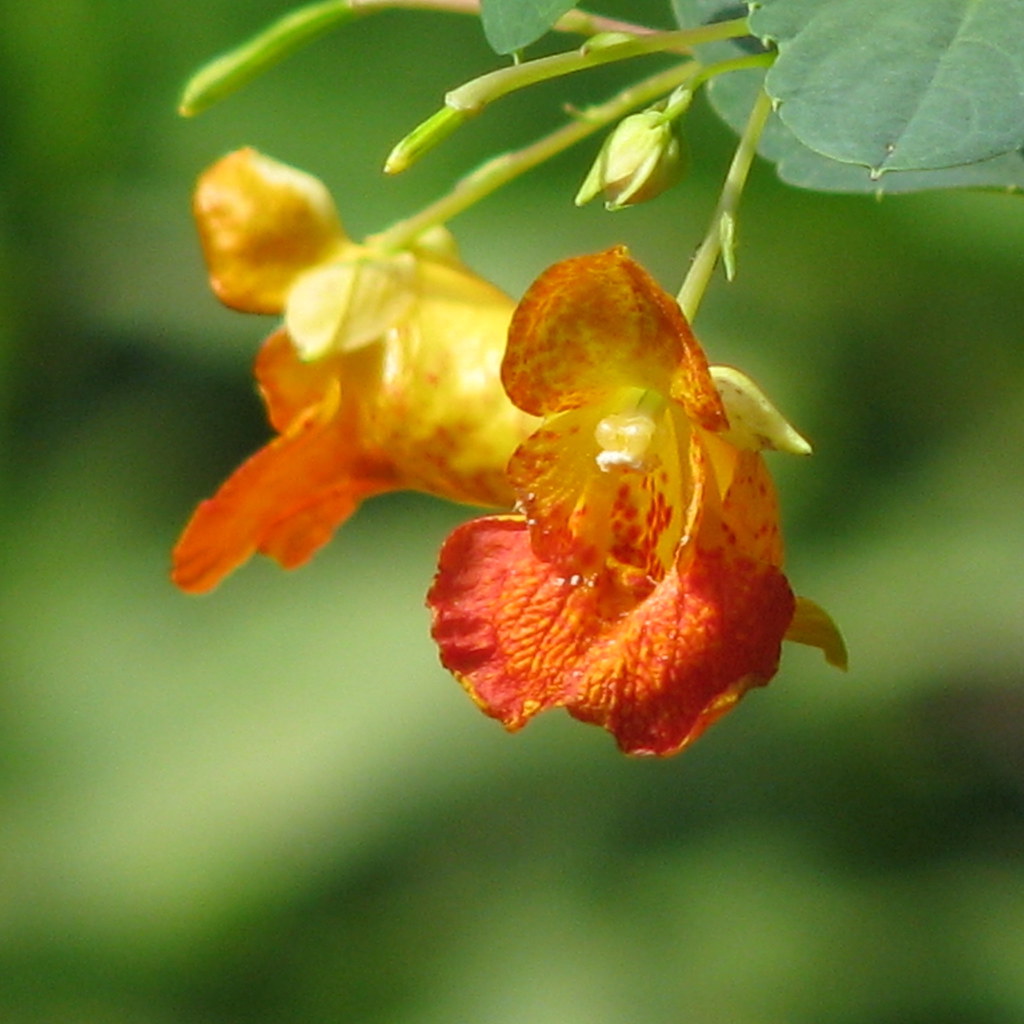
Jewelweed (Impatiens capensis) is a flowering plant native to North America. It grows in moist, shady areas and is easily identified by its orange, trumpet-shaped flowers and juicy stems. Also known as touch-me-not due to its seed pods that burst open when touched, this plant has gained attention in herbal communities for its impressive skin-soothing properties.
Related Terms:
- Impatiens capensis uses
- Natural remedies for poison ivy
- Herbal skin treatments
- Anti-inflammatory herbs
The Medicinal Uses of Jewelweed
Jewelweed is celebrated in herbal medicine for its natural anti-inflammatory, antifungal, and antipruritic properties. Here’s a breakdown of how it’s traditionally used:
1. Treating Poison Ivy and Poison Oak
One of the most popular medicinal uses of jewelweed is for relieving poison ivy rashes. The plant’s sap neutralizes urushiol—the chemical compound in poison ivy responsible for allergic reactions—providing natural relief from itching and inflammation.
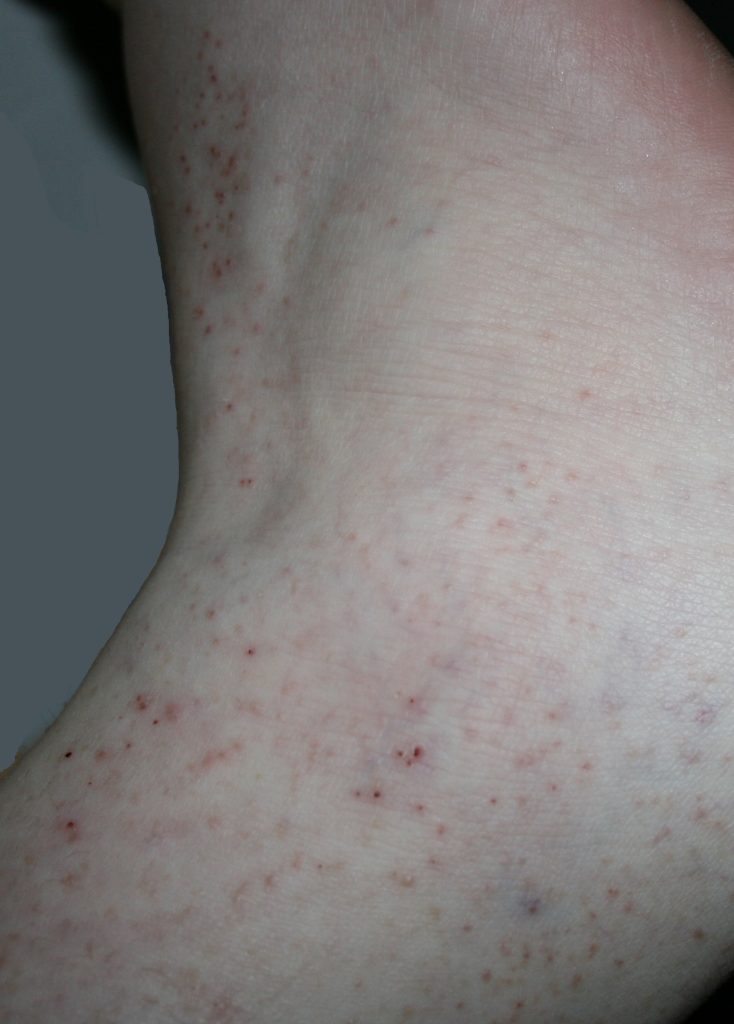
2. Soothing Bug Bites and Skin Irritations
The cooling gel-like sap from jewelweed stems helps reduce itching, redness, and swelling from mosquito bites, bee stings, and other minor skin irritations. Its anti-inflammatory nature makes it ideal for quick, topical relief.
3. Fungal Skin Infections
Jewelweed also exhibits antifungal properties, making it a natural treatment for conditions like athlete’s foot and ringworm. Traditional remedies involve creating jewelweed salves or washes to apply directly to affected areas.
4. Minor Burns and Rashes
Thanks to its skin-cooling effect, jewelweed is sometimes used to soothe minor burns or sunburns. Its hydrating sap helps reduce discomfort and speeds up skin recovery.
How to Use Jewelweed Safely
There are multiple ways to harness the healing power of jewelweed, especially for skin ailments. Below are safe and effective options:
Jewelweed Poultice
Crush fresh leaves and stems to make a paste-like poultice. Apply directly to irritated skin for immediate relief.
Jewelweed Infused Oil
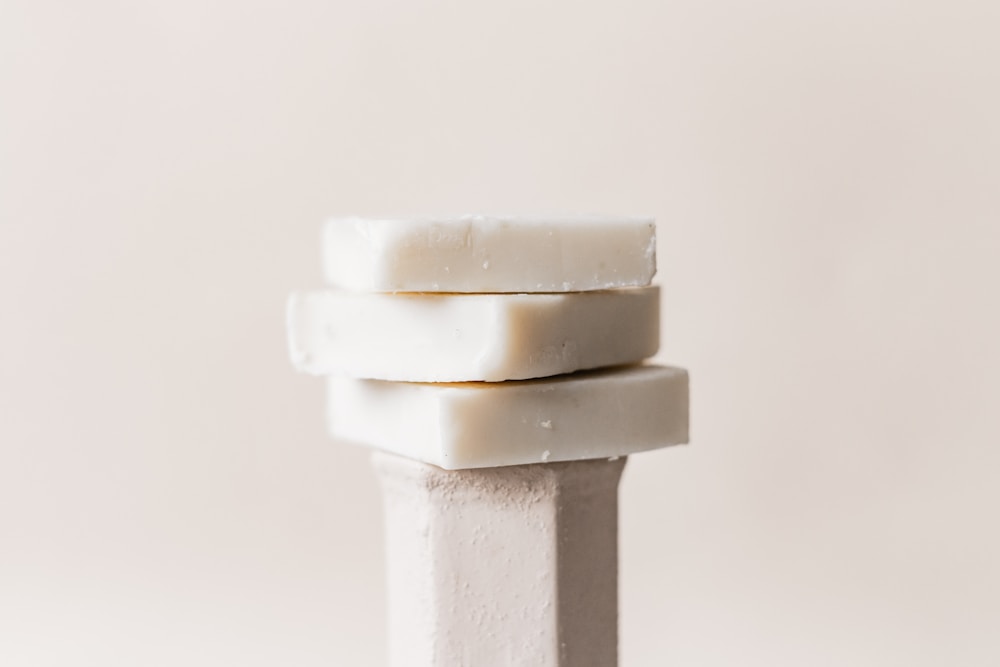
Infuse jewelweed in a carrier oil (like olive oil) for several weeks. Strain and use it as a healing massage oil or base for salves.
Jewelweed Soap
Many herbalists craft jewelweed soaps specifically for poison ivy prevention. Washing exposed areas after outdoor activities can reduce the risk of rashes.
Jewelweed Tincture or Spray
A tincture or alcohol-free spray can be applied directly to skin irritations. These are convenient for on-the-go relief and longer shelf life.
Scientific Backing and Herbal Wisdom
Though modern clinical research on jewelweed’s medicinal uses is still limited, traditional knowledge and ethnobotanical records support its effectiveness. Herbalist resources like the American Botanical Council and the Herbal Academy highlight jewelweed’s role in natural first-aid solutions.
Precautions and Side Effects
While jewelweed is generally safe for external use, some precautions should be noted:
- Always patch test first to rule out skin sensitivity.
- Avoid internal consumption, as it may be toxic in large quantities.
- Consult a qualified herbalist or healthcare provider if you have skin conditions, are pregnant, or taking medications.
Growing Your Own Jewelweed
Interested in keeping this plant nearby for natural remedies?
- Location: Moist, shady areas
- Soil: Rich and well-drained
- Water: Keep the soil consistently damp
- Harvest Time: Late spring to early fall
Having fresh jewelweed on hand means you’re always prepared to treat common skin ailments naturally.
Why Jewelweed Deserves a Place in Your Natural First Aid Kit
Incorporating jewelweed into your herbal first-aid routine offers a safe and effective solution for various skin conditions. From calming poison ivy to soothing bug bites, its gentle action makes it an invaluable natural remedy—especially for those who enjoy spending time outdoors.
Final Thoughts: Let Nature Heal with Jewelweed
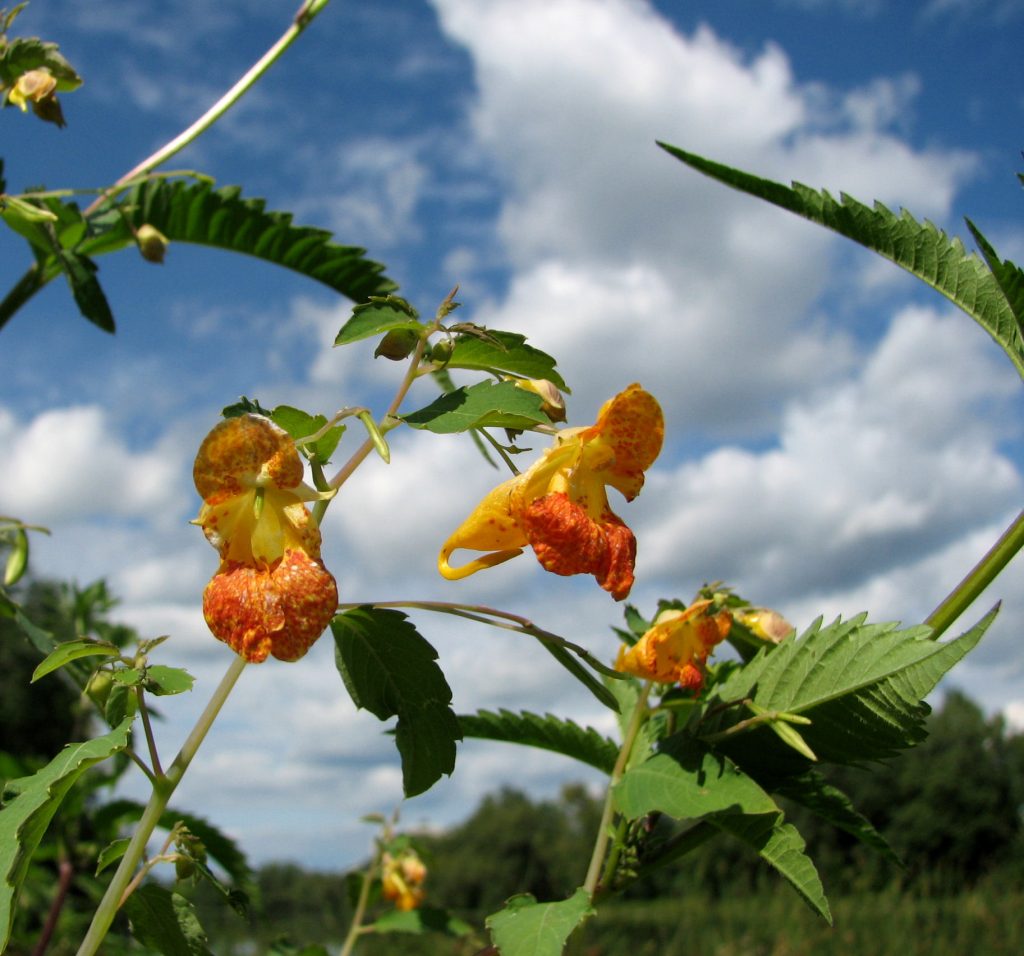
The medicinal uses of jewelweed have been recognized for generations. As a natural remedy for poison ivy, bug bites, and skin inflammation, it’s a time-tested plant that still holds value in modern herbalism.
If you’re looking for a plant-based alternative to chemical-laden creams, consider incorporating jewelweed into your holistic wellness routine. Whether in salve, soap, or oil form, jewelweed provides nature’s soothing touch for your skin.
Explore More Natural Remedies:
Check out trusted sources like Herbal Academy or Mountain Rose Herbs for high-quality herbal products and detailed guides.
Call to Action:
Have you ever used jewelweed for skin irritation? Share your experience in the comments or tag us in your herbal remedy creations. For more natural wellness tips, subscribe to our blog and follow us on social media.

